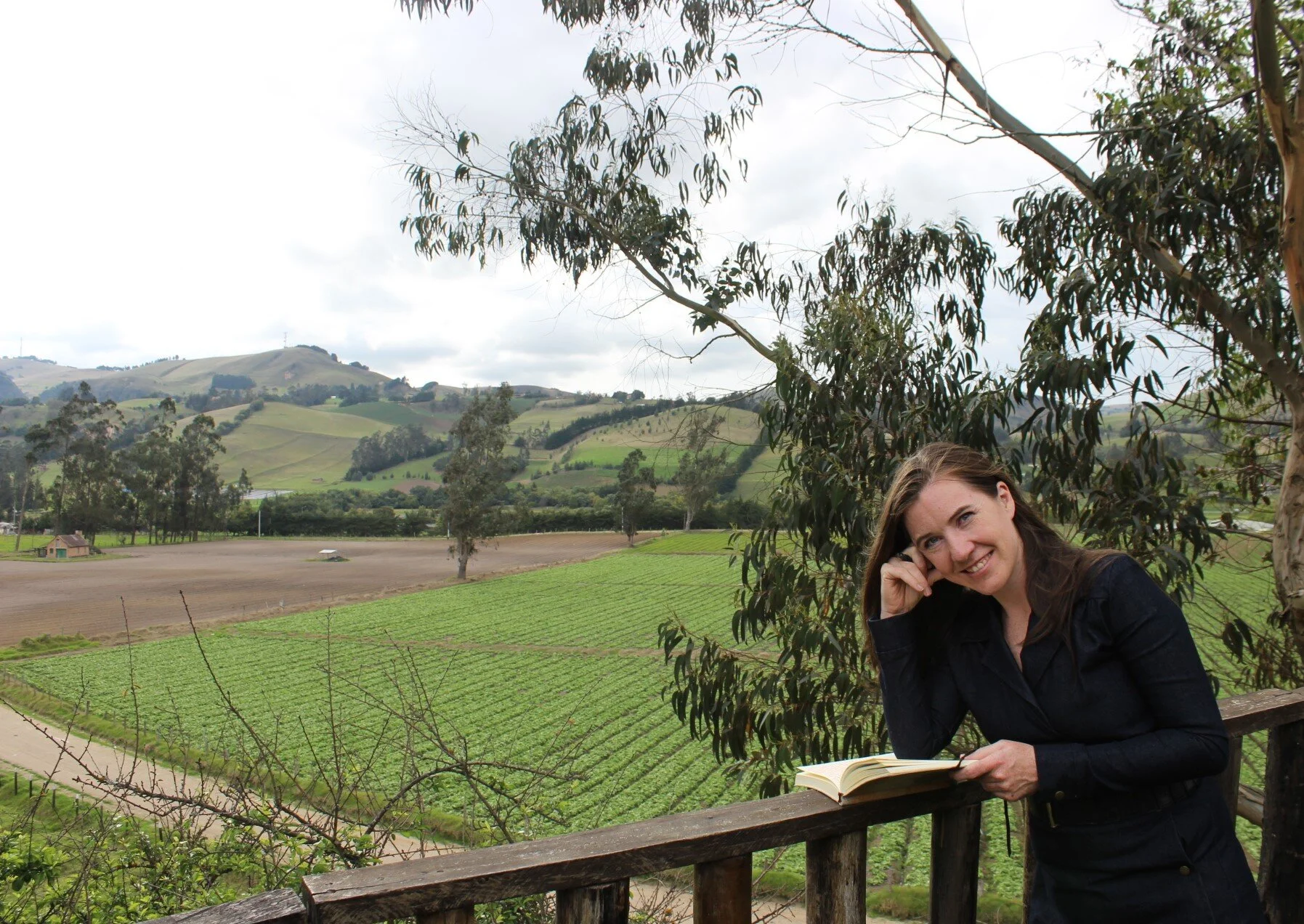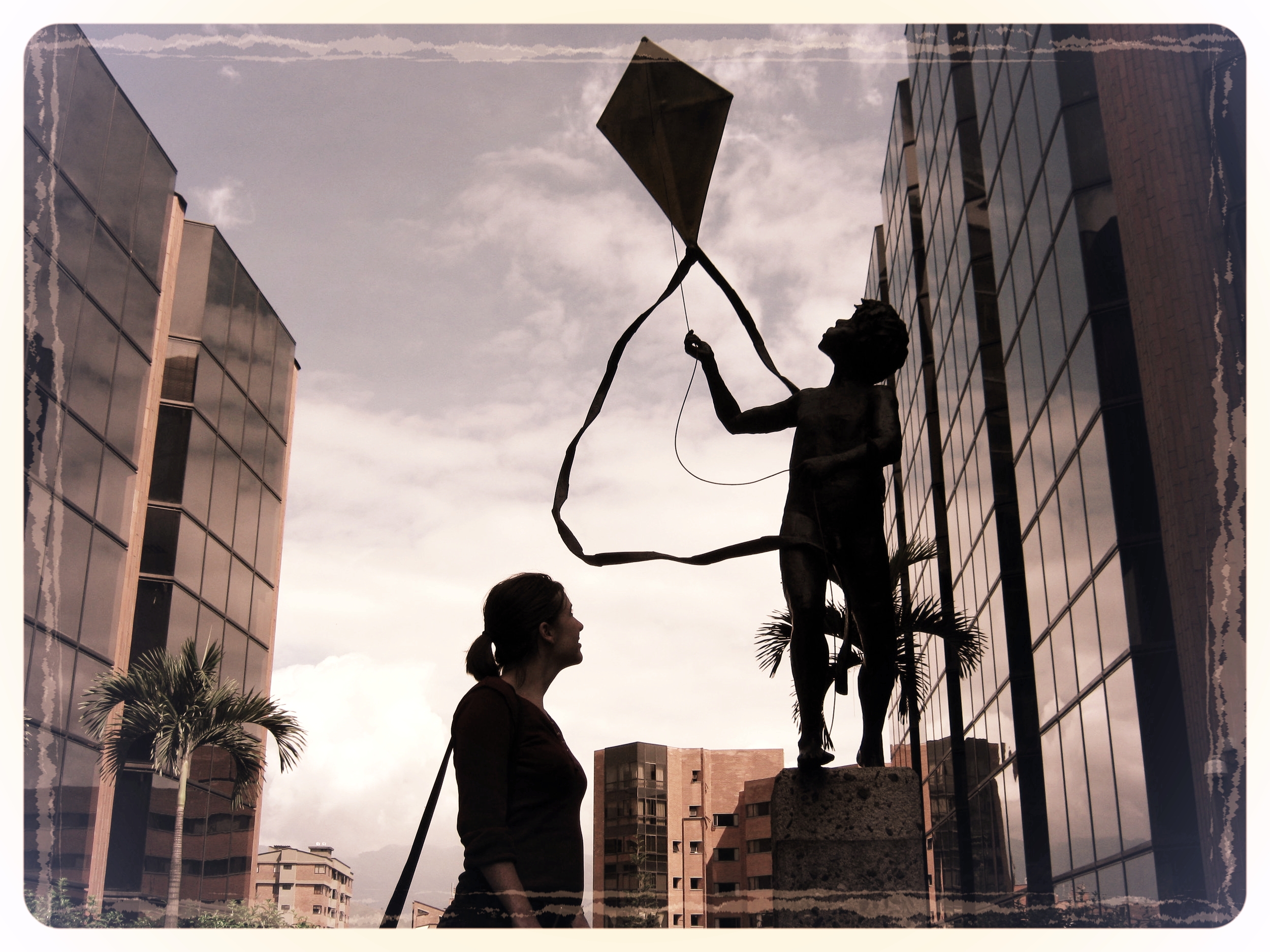Change Your Story, Change Your Life (4 Simple Steps. Ha!)
/The process of writing a book is transformative, because it (literally and figuratively) makes you the author of your own life. The idea of claiming your story for personal empowerment is nothing new, but it came up in our Facebook Group (and everybody knows how I love that Facebook group) so I just wanted to give my perspective. After all, it illustrates how I run my author coaching program.
The funny thing is, great stories begin in pain, conflict, and uncertainty. In a certain sense that's where the inspiration starts. Authors come to me with a tremendous amount of experience, that they're ready to put in a book, and give as a gift to the world.
However, something pretty awesome happens to the writer during the process. When they take on the role of creator, the writer goes through a spiritual evolution and a whole lot of healing. This has everything to do with claiming your story and making something beautiful out of the conflict or pain that's come up in your life.
There are a lot of different ways to show this, but as synchronicity would have it, Michael Beckwith's "4 Stages of Spiritual Awakening" fell into my lap this morning, and I'd like to lean on those steps to keep everything straightforward. You see, I think both writing a book and waking up spiritually can be woven together quite nicely. If that's the kind of thing you're into!
So let's begin!
1. Victim
This is where our story starts. The pain point. This is the inspiration for so many books, so many businesses, so many careers, that help us become more than the victim of the world we live in. Of course it doesn't feel like that as we're going through it, which is very much the point.
I love to use etymologies to illustrate ideas, because often the secret history of words helps us to understand so much about their meaning. Pain comes from the Latin word penal, which means "punishment." At the first stage we feel the pain, and it's terrifying, awful and everything is uncertain. We're not quite ready to write a book yet. We need a little distance here. This is where we start, but don't worry it gets better.
2. Manifestor
This is the empowerment stage, Tony Robbins and many coaching programs help us out a lot with this. We change our words, and change our stories. We take charge of how we see ourselves and the world. This is so important! This is the stage where we realize we're the author of our lives.
To illustrate this, I'll go deeper into the etymology of pain. The Latin word penal comes from the IndoEuropean word kwei which means "avenge." Now, we're having fun here, so I don't want you to think of this like retribution, think of it more like The Avengers. Buried within pain you can find the power to bring it to justice, and make things right. This is a deeper level of spiritual discovery and liberation. Pain doesn't disappear at this point, but it becomes a yearning for change, and the will to make that happen.
3. Through Me
Remember, these are Michael Beckwith's stages "4 Stages of Spiritually Awakening," but anyone who's been a successful manifestor will recognize this stage. Not only are you the author of your life, but you also feel you're being called. Something is happening "through you."
You start have more frequent spiritual experiences where you feel connected to something much more than yourself. This is confirmed when synchronicities appear on your path. It's a new perspective.
You also give up some of that control you had as an empowered manifestor and decide to follow where this inspired calling leads. In the writing process, you've entered the flow. You can collaborate with inspiration and bring the true value of your experience to life.
Relating this to the etymology of pain, the Indo European word kwei (same one as before) not only means "avenge," it also means "respect." So when you have those spiritual experiences, you feel immense respect for life. Pain is alleviated further as you see the purpose of what you've been through. Your book becomes the path to learning what it all means. You respect the moments of struggle, because they connect you to your readers.
4. As Me
This is unity consciousness. You no longer feel a calling, you are the calling. You're being the person you came here to be. Of course, you experience so many synchronicities because you are profoundly connected to the world around you. They're just reflecting you back to yourself. Spiritual experiences last longer and when you fall out, it's a little easier to find your way back.
This is where we go the furthest back in time to the Sanskrit origin of the word pain. Originally, it comes from word cayati, which means "to perceive." Sanskrit words have a variety of meanings, but this is a good root. This is the stage where your eyes really open to that pain you had, and you actually say thank you. Radical gratitude. When the book is finished, you can actually perceive the true beauty of what happened. It's transcendent, because you've truly transcended the pain.
In it's essence, pain draws attention to all the places where things are separated, conflicted, and not going right. We all experience it, and our own consciousness pours into it, as we try to fix it, heal it, mess with it, and hopefully give it love.
Wherever you are in this process, and however acutely you might be feeling your pain, I hope that this framework allows you some relief, and some expansion. The Universe loves your story, more deeply and completely than you might imagine, and I think you feel truly liberated when you perceive it that way too.

